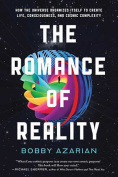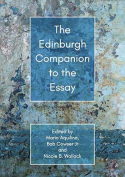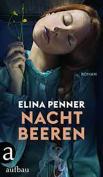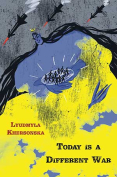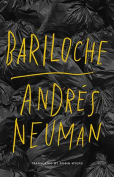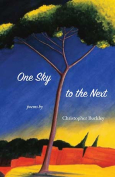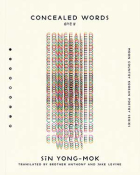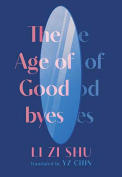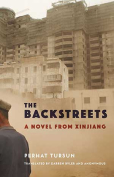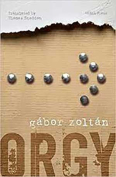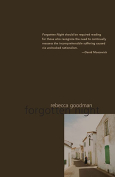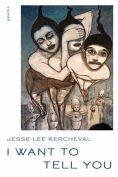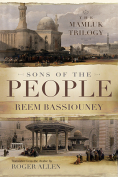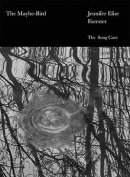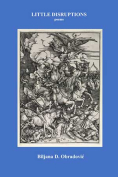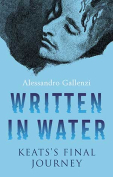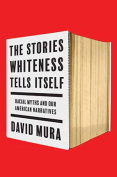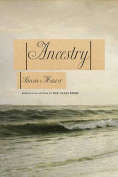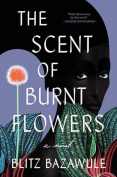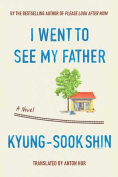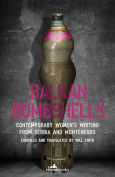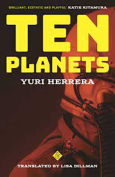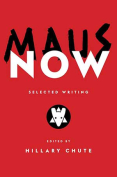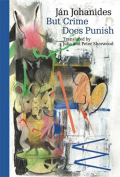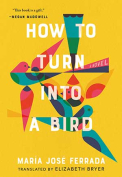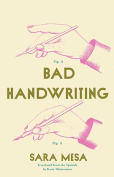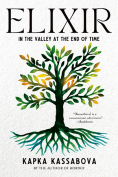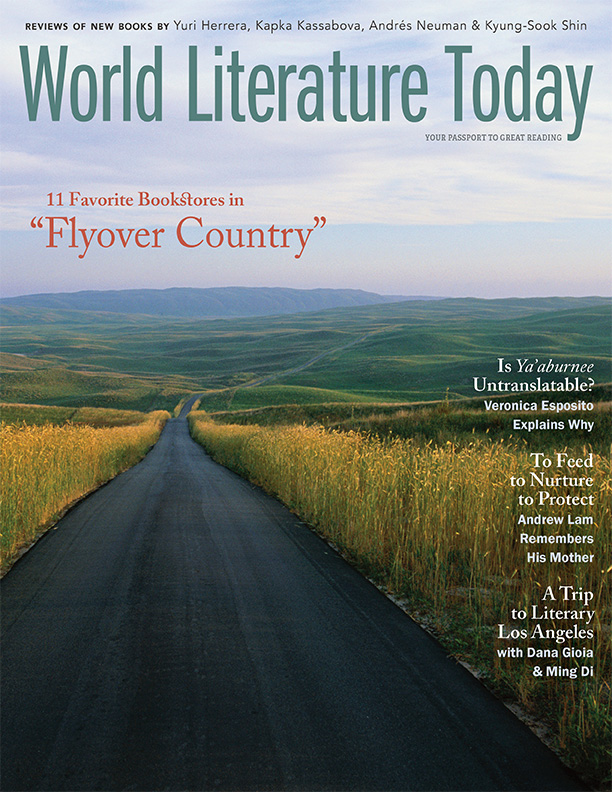Forgotten Night by Rebecca Goodman
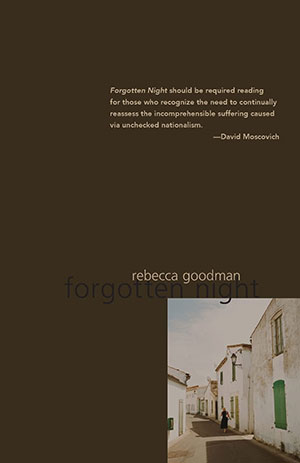 Brooklyn. Spuyten Duyvil. 2023. 294 pages.
Brooklyn. Spuyten Duyvil. 2023. 294 pages.
Three times I knocked on the door at 12 rue des Juifs. I waited. The courtyard still. From steep wooden stairs leading to the ramparts, a cat hissed at me. I knocked again.
The stone walls were cracked. Musty. A sign on the stairs warned of danger.
The cat came down a step—out of its steep darkness. I held my hand out to it. It hissed again.
No motion. No wind. The sky above the courtyard grey, almost hidden. I stepped back. The presence of memory shifting inside me.
I stepped back—unable to speak.
Those are the opening lines to Rebecca Goodman’s recent novel, Forgotten Night, a novel that embroiders the tapestry of memory with a kind of restrained prose elegance not unlike something René Crevel would have written. At a time when it seems “flash fiction” has become a kind of faux replacement for “prose poetry,” Goodman’s work reminds one of where it all started—Baudelaire’s Le Spleen de Paris or Petits poèmes en prose, in the preface of which he describes “a miracle of a poetic prose, musical without rhythm or rhyme, supple enough and striking enough to suit lyrical movements of the soul, undulations of reverie, the flipflops of consciousness.” But beyond Goodman’s prose poetry, there’s a clear quest involved as the unnamed narrator traces the memory of her grandfather’s memory supplanted in a diary she’s discovered written during World War I and before the horrors of the Holocaust.
The narrator is on a quest to discover the Jewish Brissac family, who once lived in this unnamed French village during World War I but, seemingly, were discovered and eliminated. In the standard path heroes/heroines take on a quest in Joseph Campbell’s The Hero with a Thousand Faces, “the mythological adventure of the hero is a magnification of the formula represented in the rites of passage: separation, initiation, return.” The hero leaves the confines of her normal environment, ventures forth into an unexplored region, and returns from that adventure with a “boon” either for the quester herself or for the human community. In a way, that’s what the unnamed narrator attempts to do, by leaving her unnamed home to enter the unknown regions in France using her grandfather’s diary as a guide. And during her quest she questions everything.
In some respects, it is a novel of questions, with the narrator constantly asking questions, as do other characters, such as Inés and Luca. More often than not, they are existential questions:
What’s this about? This moment? This encounter? Only in reflection. Years later, perhaps, I will understand why I am here. At this moment. With this man. Unless I forget. Will I rewrite this moment ten years, twenty years from now? With any understanding of motivation. Of desire. Am I writing my destiny? But why here, now? How long have I held on to this memory—or is it a dream? With what intent? To understand? To forget? To believe that connection is the outcome or demise.
The notion of place (not location) is important in the novel, and one never quite knows in what place things are happening. Sometimes when things are happening, the place itself (or places themselves) can leave the reader with a sense of unease in a way that Camus’s The Stranger often leaves the reader with a sense of unease. Forgotten Night is the natural evolution from Goodman’s earlier novel, Aftersight, and continues to expand her natural talents as a poetic novelist.
Mark Axelrod-Sokolov
Chapman University
